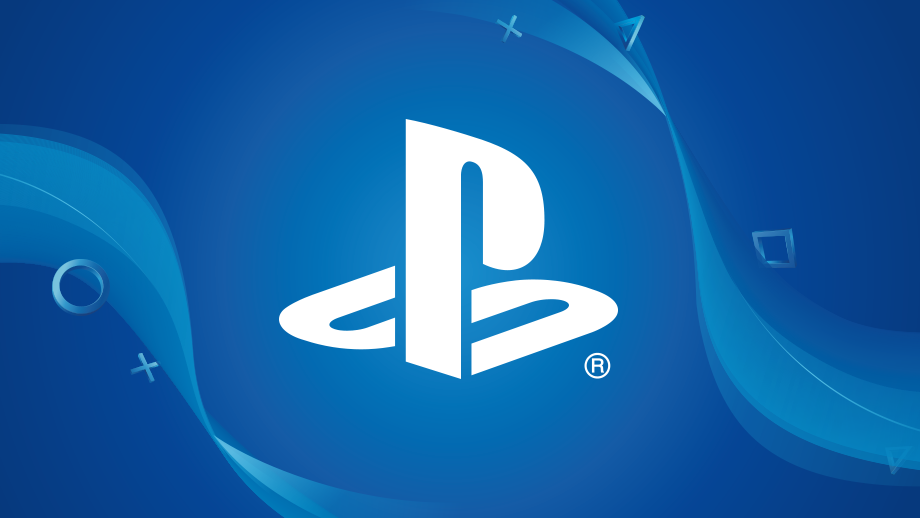Video Gamer is reader-supported. When you buy through links on our site, we may earn an affiliate commission. Prices subject to change. Learn more
Sony has finally divulged the first details on its next-generation PlayStation console during a chat with Wired, with system architect Mark Cerny confirming the new system is indeed in the pipeline but will not be released this year.
While that's hardly surprising, Cerny, who also lead architect on the PlayStation 4, was surprisingly forthcoming with a new key details on the new console. For starters, it'll pack some significant horsepower under the hood, including an AMD chip that houses a CPU based on third-gen Ryzen. PS5 (not it's official name, but it probably will be called that) also sports eight cores of the 7 nanometer Zen 2 microchip, and will support 8K resolution.
Graphically, Sony's new powerhouse will support ray tracing and is driven by a custom edition of the Navi line from Radeon.
Cerny arevealed that the new console will still support physical media, so we can safely rule out a download-only machine. It will also be fully compatible with the PlayStation VR, though Cerny wouldn't say if a new version of the virtual reality headset is in the pipeline.
PS5 is going to be backwards compatible with PS4 games, which should please many who were miffed that Sony nixed the feature for its current system. We can also expect a 'gentle' transition between PS4 and PS5, with games released on both systems much like we had during the jump from PS3 to PS4. That, perhaps, is not too surprising.
Finally, Cerny described a major leap for the PS5 in the shape of its hard drive. Developers want to see SSD in Sony's new system, he said, and the format holder is set to feature something ' a little more specialised' for its new hardware.
As for when PS5 is out, Cerny's not saying, but smart money points to a late 2020 release.
